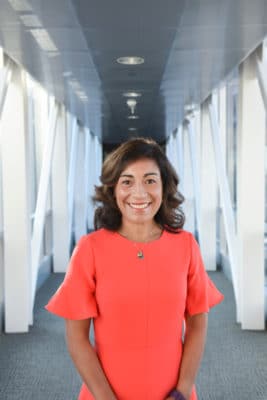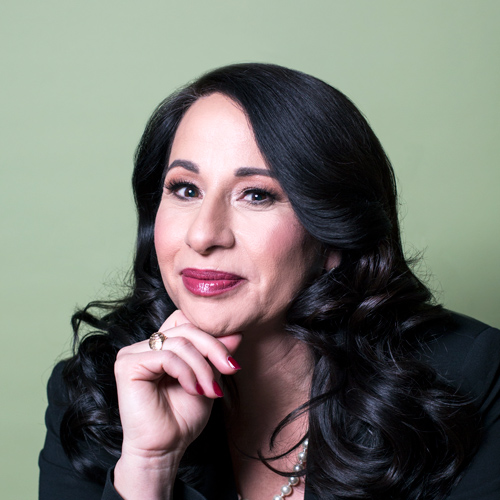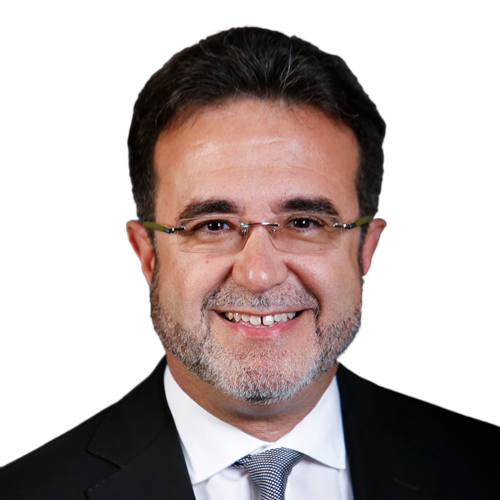|
Getting your Trinity Audio player ready...
|

Rocio Lopez knew she wanted to pay it forward early on. Her plan after graduating from the University of Notre Dame was to join a teaching organization focused on low-income students, and to become a positive force for change in their lives. Lopez is now a senior manager at Accenture, the global professional services company, heading up the technology strategy and delivery for one of its key workforce transformation initiatives. Although she ended up on a different course, she still pursues her passion to open doors to opportunity for disadvantaged youth.
In 2016, Lopez was appointed a board member of the Cristo Rey Jesuit High School in Chicago, which provides a college preparatory education and professional work experience to students from Spanish speaking families with limited financial means. Students at Cristo Rey work at companies like Accenture from their freshman through their senior years and have their tuition funded by corporate sponsors.
For Lopez, her efforts are focused on getting students interested in STEM—science, technology, engineering, and mathematics—while they intern at Accenture. This kind of work is deeply in sync with her personal values. As she likes to emphasize to the students she works with today, “Faith first, family second, and then work is third—but that doesn’t mean third is less important.”
Lopez’s own career in technology started with a sign—literally. When she was a senior in college, Lopez’s father unexpectedly went into early retirement, and Lopez, the oldest of three, wanted to help ensure her younger siblings continued with their education and graduated from college. The same day she got the news about her dad, she saw a sign on her college campus saying that Andersen Consulting, now known as Accenture, was hiring.
She started off as a programmer, developing code. She did that for five years, before Accenture globalized her function and expanded into Spain.
“I had a unique opportunity in 1998 to actually be the lead systems designer for our finance function, and I was able to move to Spain and lead delivery,” she says.
She spent nine years in Spain, leading her team and furthering her own executive development before deciding to come back home to Chicago. She was surprised by how much downtown Chicago and its technology scene had changed since she left.
“I saw a lot more people who look like me. And I say that both from a gender and ethnicity perspective,” she says. “That was a pretty significant moment for me.”
She realized she needed to reestablish her network after being away for so long, and she still had a strong desire to give back to the community.
Fortunately, she was already working with the right company. Increasing skills and paying it forward “is a lot of what our DNA’s about,” she says of Accenture. Through Accenture, she started to work with the Hispanic IT Executive Council (HITEC), where she met a Cristo Rey Network executive who invited her to speak with students.
Lopez soon realized she wanted to get more involved with Cristo Rey. She found the organization’s values to be in line with her own, and did not hesitate when she was invited to become a board member.
“It was one of those ‘Yes’ moments for me because it all came together—my love for technology, it was a Catholic school, and then it was youth within my own community—the three things just kind of played together,” she says.
Lopez had the idea to provide internships specifically in technology-focused roles at Accenture for Cristo Rey’s students. In the company’s Chicago office, there are currently eight students working on tech-focused projects ranging from coding to researching robotics. There are also teams of Cristo Rey students at Accenture in Baltimore and New York City, and plans for expansion into the company’s Atlanta, Detroit, and San Jose locations.
“What we’ve accomplished in Chicago set us up for a strategic longer-term journey with Cristo Rey across the US. It’s about getting these young people on the path to sustainable careers—and in doing so, we’re teaming together to build a strong pipeline of diverse tech talent.”
When asked about the challenges of working with low-income Hispanic students and encouraging them to work in technology, Lopez cited their familial backgrounds. She stressed the importance of educating both students and their families on what it means to have a career in technology, and how it’s about the longer-term impact.
“It’s got to be focused on both,” Lopez says, “and there must be the inspiration, education, and constant reinforcement.”

